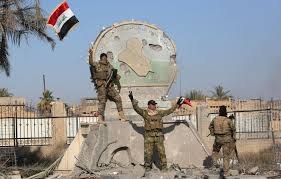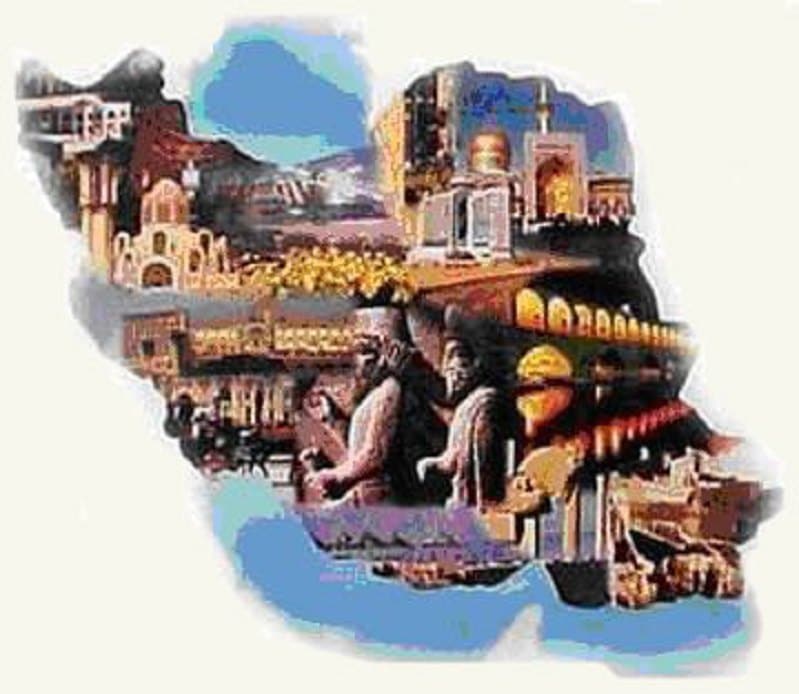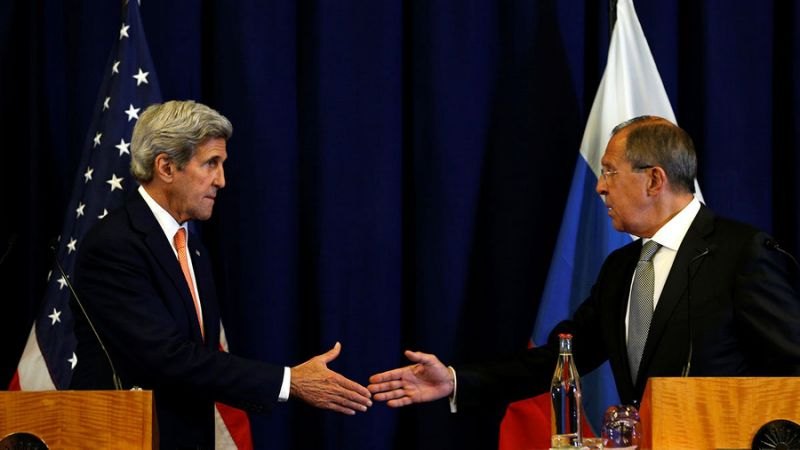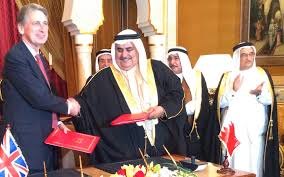Trump’s Foreign Policy
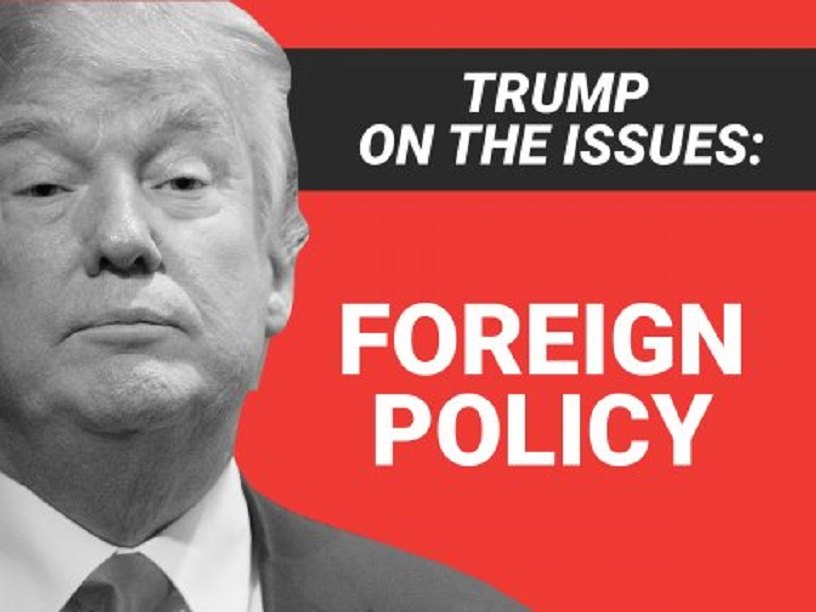
Dr. Mahmoud Yazdanfam
Trump’s foreign policy towards the West Asia and the Islamic Republic of Iran has not been officially announced and is still under development, and it seems that its clear feature is the continuation and intensification of controlled hostile relations.
Tensions over the implementation of JCPOA; new US sanctions; declaration of regime change policy; military tension between Iran and the United States in the Persian Gulf and Syria; Iran’s missile activities and the arrest of nationals of both countries in Iran and the United States were the most important issues of tension in the relations between the two countries during past months.
While dissatisfied with the JCPOA, Trump’s administration evaluates the costs of withdrawing from the agreement more than its disruption. The option before Trump’s administrations is intensifying the existing pressures, strict implementation of JCPOA and imposing sanctions against Iran to force the Islamic Republic of Iran to withdraw from the nuclear deal and accept its costs.
The policy of overthrowing or changing the regime has been the US policy toward the Islamic Republic of Iran more than three decades. Underlining the policy of containment, Obama officially dismissed regime change policy, turning politics of sanctions and engagement into a pattern of behavior by focusing on diplomacy to resolve issues. Perusing the policy of containment and confrontation, Tramp’s administration tries to revive regime change policy in Iran without being prepared to pay the costs of this policy or overcome the contradictions of this strategy.
The policy of regime change is pursued by imposing non-nuclear sanctions, imposing the cost of chronic and long-term regional crises, creating anti-Iran coalitions, supporting opposition groups and carrying out subversive operations aimed at preventing investment in Iran, increasing Tehran’s regional commitments and costs and intensifying internal dissatisfaction in order to undermine the effectiveness and legitimacy of the political system and aggravate people’s disappointment from the government. In such an atmosphere, the United States can push the strategy of regime change into the operational phase at a lower cost.
In the past months, holding free and participatory elections in Iran, the Qatari crisis and the break-up of the anti-Iran front, the ISIS invasion on the Islamic Consultative Assembly, the conclusion of a major oil deal with the Total, the emergence of tensions within the United States, the imposition of new US sanctions on Russia, nuclear threats and tensions between North Korea and the United States were among the events and components that deterred and moderated the US policy towards the Islamic Republic of Iran.
Confronting regime change policy requires a clear understanding of the nature and mechanisms of its implementation. Identifying disputed issues, emphasizing the peaceful resolution of disputes and providing persuasive initiatives can be effective in defeating US policy of securing Iran, creating tensions in the region, accusing Iran of terrorism and destabilizing the region

